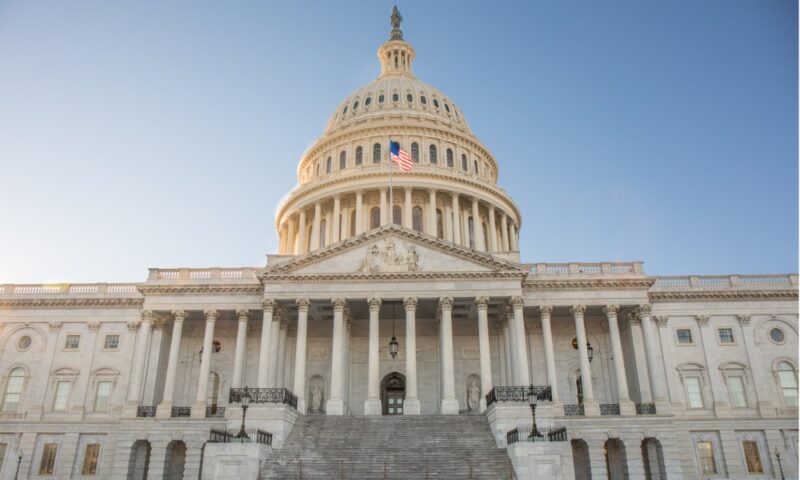
Ways & Means to Examine Political Activities of Tax-Exempt Organizations
As part of that effort, the committee has released an open letter to 501(c)(3) and 501(c)(4) groups requesting information and input on existing rules and regulations governing them. Any policy or legislative changes could unintentionally affect a wide range of these organizations.
On August 13, House Ways and Means Chair Jason Smith (R-MO) and Oversight Subcommittee Chair David Schweikert (R-AZ), issued a letter on regulations surrounding political involvement by tax-exempt organizations [PDF].
In the letter, Reps. Smith and Schweikert cited potential for foreign influence through 501(c)(3) and 501(c)(4) groups in American elections and sought input, while hinting that legislative action may be necessary. Any policy or legislative changes could unintentionally impact a wide range of (c)(3) and (c)(4) organizations.
Jeffrey P. Altman, a partner at Whiteford, said the letter is a good reminder that while these groups may engage in a wide range of activities like issue advocacy and lobbying, they must be extremely careful how they share staff, facilities, and funding, as well as how these activities are separately reported to the IRS and FEC.
“It will be interesting to see what responses are submitted, but any attempt to define more clearly what activities are designed to influence elections will not be easy, since the ‘expansion of politics into almost all aspects of life means that activities that were previously nonpartisan have been made partisan’ as the letter concludes,” he said. “A question that was not asked, is whether the IRS is equipped or should be charged with further developing and enforcing subjective definitions to regulate free speech and associational rights that are guaranteed by the Constitution.”
Reps. Smith and Schweikert seem particularly concerned about the possibility of ideological groups exploiting loopholes to direct large sums of money toward election efforts. Their letter highlighted a lack of transparency and called for responses to 10 questions, addressing issues such as political-intervention definitions, law violations, and foreign funding in various organizations.
Jeff Tenenbaum, managing partner of Tenenbaum Law Group, noted the potential impact across the nonprofit community. “Even though the initial inquiry may be focused on 501(c)(4)/(c)(3) affiliations in the political campaign space, any new rules put into place to regulate that space have a high likelihood of adversely affecting the very important 501(c)(6)/(c)(3) affiliations that exist throughout the association community,” he said.
The focus of the Smith-Schweikert letter seems to stand in notable contrast to the Trump Administration’s Treasury Department regulations, which stopped the requirement for 501(c)(4) and 501(c)(6) organizations to disclose donors on the Schedule B of their Form 990.
“Charitable nonprofits have always been prohibited from engaging in express political activity, and there are reporting requirements and penalties in the tax code to ensure compliance with those restrictions,” said Sara Barba, principal of Integer, LLC. “It is responsible of Committee Chair Smith and Subcommittee Chair Schweikert to solicit feedback from those with experience in this space, but any future legislative action that results from this inquiry must keep in mind the consequences that further restrictions on charities could have for the democratic process, as well as the communities that rely on their services.”
The deadline for comments to the Smith-Schweikert letter is September 4.
(Becky Wright/iStock)





Comments